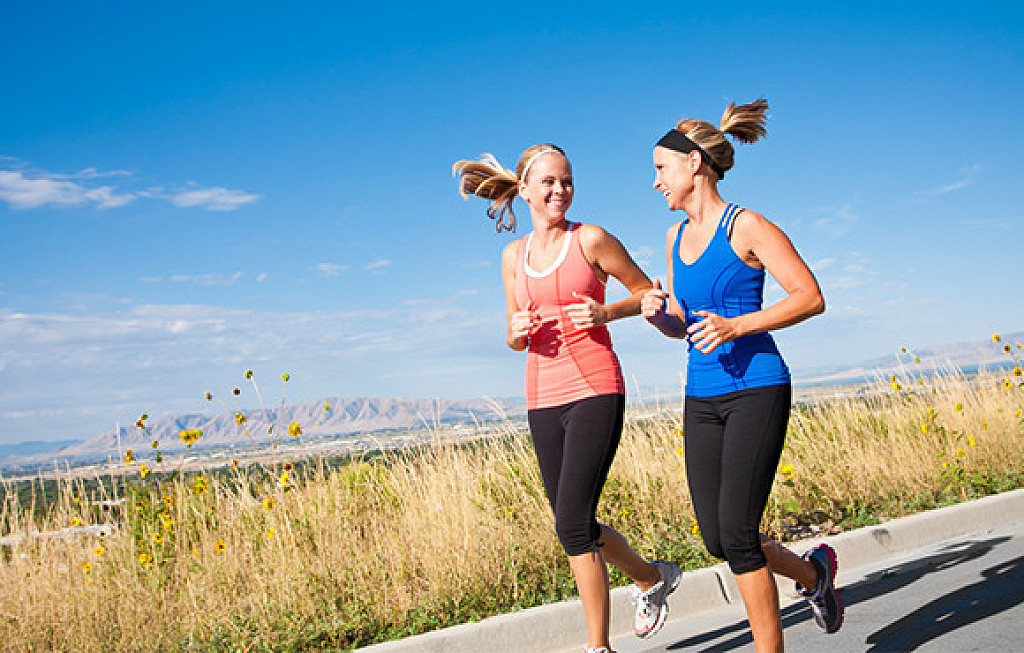Running News Daily
Running News Daily is edited by Bob Anderson. Send your news items to bob@mybestruns.com Advertising opportunities available. Train the Kenyan Way at KATA Kenya and Portugal owned and operated by Bob Anderson. Be sure to catch our movie A Long Run the movie KATA Running Camps and KATA Potato Farms - 31 now open in Kenya! https://kata.ke/
Index to Daily Posts · Sign Up For Updates · Run The World Feed
Running slow can eventually help you run faster!
“When you’re running slowly, and your injury risk is lower, you can run more often, more miles, and build up slowly,” according to Claire Bartholic, a coach at Runners Connect, an online community of runners and coaches. But running slowly also allows your body to improve the energy system most essential to running: your aerobic energy system. Your body relies on a few different energy systems to get you up and moving. For any sustained movement, it uses your aerobic energy system, meaning it creates energy with oxygen. Oxygen helps the muscles convert fat, protein and glycogen (the form of glucose stored in your liver and muscles, which your body generates from the carbohydrates you eat) into energy. If you want to be able to finish a marathon, for example, or even a 5K or a run around the block, this is the energy system you want to develop, says Bartholic, who is a competitive masters athlete herself. And to develop it, you should run at a pace where your muscles can get plenty of oxygen. When you’re sprinting, or running so fast that you’ve reached your aerobic threshold, or, based on your level of conditioning, when your body runs out of oxygen, it switches over to another energy system — your anaerobic energy system. Without enough oxygen, your muscles convert glycogen into energy less efficiently, and you fatigue more quickly, which eventually forces you to slow down or stop. So if all your runs are too fast, according to Bartholic, you’re not developing the power system that you need for 97 percent of a race. “Your maximum aerobic benefit is going to be running slowly.” Of course, “ ‘slow’ is highly individualized and varies a lot between people,” according to Carwyn Sharp, chief science officer at the National Strength and Conditioning Association in Colorado Springs.
(08/07/2018) Views: 3,910 ⚡AMP
Login to leave a comment
Copyright 2026 MyBestRuns.com 1,749




